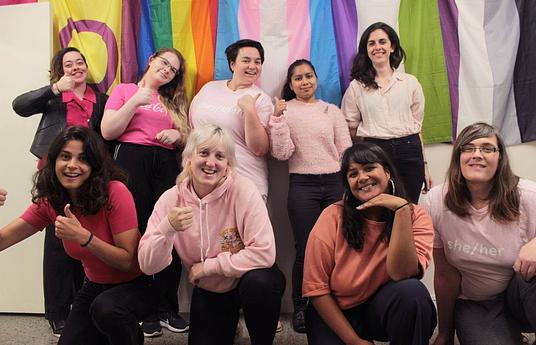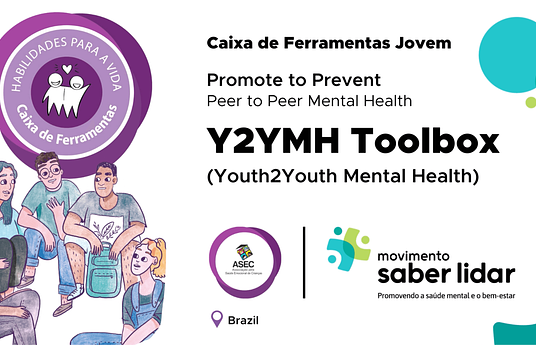Why do we need Move & Improve? The programme addresses the marginalisation and exclusion of children in Uttar Pradesh, India, who are disadvantaged by their caste (Dalit), religion (Muslim groups) and/or lack of access to important economic resources. Uttar Pradesh is the state with the lowest school attendance rates in India. Primary school drop-out rates are still very high, double the national average. Children who live in the most remote villages or are from the lowest castes and socioeconomic backgrounds are most affected. In the past, child labour was very prevalent in the region. While child labour has been reduced significantly, the risk of communities slipping back into old habits still exists. In this regard, early education, parental education and community awareness activities have been shown to act as a preventive measure.
Who drives Move & Improve? The programme was initiated by the Swiss Academy for Development (SA4D) and is implemented by the Centre for Rural Education and Development (CREDA). Fifty facilitators assisted by fifty caretakers run daily classes for the children and promote their learning. Fifty local management committees support the early learning centres. Countless parents and community members have helped with lobbying, labour contributions and awareness raising activities.
What has Move & Improve achieved until now? Over 3,400 children have been enrolled in the programme, more than half of them girls. 51% have illiterate parents and 99% belong to the lowest and most marginalised castes or are Muslims (who face widespread discrimination). 65% are from landless families and 33% have parents who are small/marginal farmers. Only 1% of the children have dropped out of the programme and 1,573 children are already enrolled in their first, second or third year of formal education. An assessment looking at the milestones children have reached showed that on average, they are doing well in terms of their cognitive, physical and social-emotional development.
In which ways is Move & Improve innovative? The programme uses an interactive, playful approach to education - not only in the daily teachings for the children but also in the parental education programme where parents learn in a fun and engaging way how to support their children in their schooling. No special equipment is required, and all sport & play material can be done by the facilitators or the parents themselves: for example, balls, dolls, hand and finger puppets. The message is: we don’t need fancy equipment to provide our children with fun learning opportunities and prepare them for school! This makes the approach especially suited for communities with only scarce resources.
What is the history behind Move & Improve? The sport & play-based approach targeting preschool children was piloted in Nepal between 2012 and 2015, where 760 children were prepared for entry into primary school. Since then, the approach has not only been scaled up in India with Move & Improve but also been adapted to the context of the Palestinian Territories where SA4D trained kindergarten teachers.



